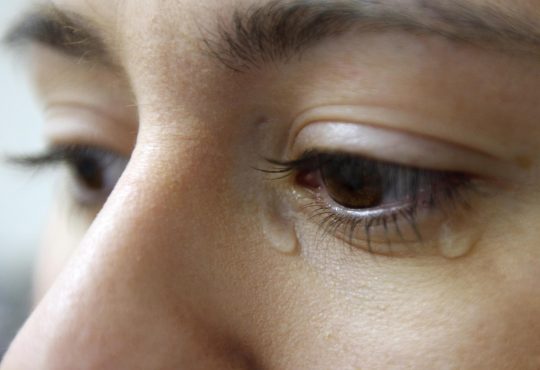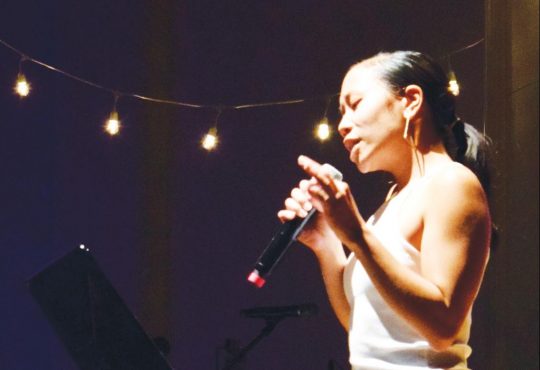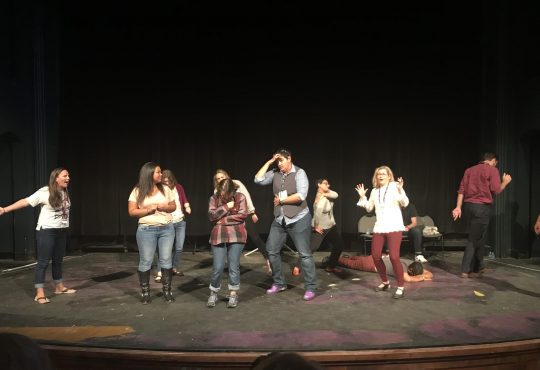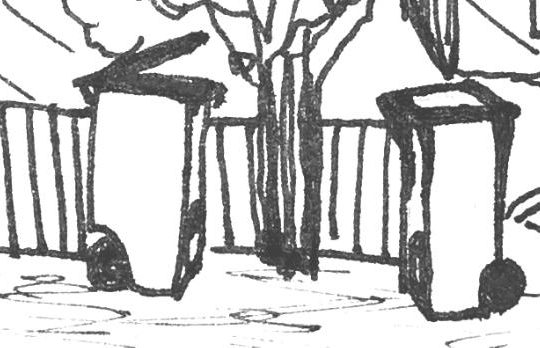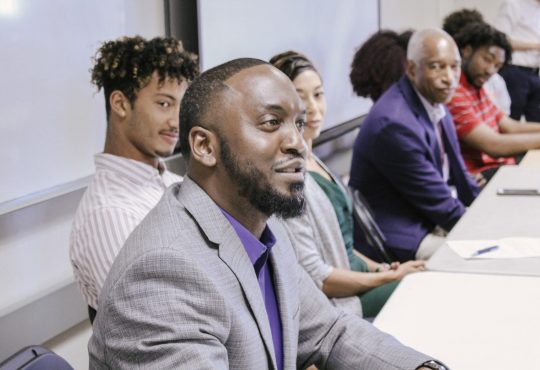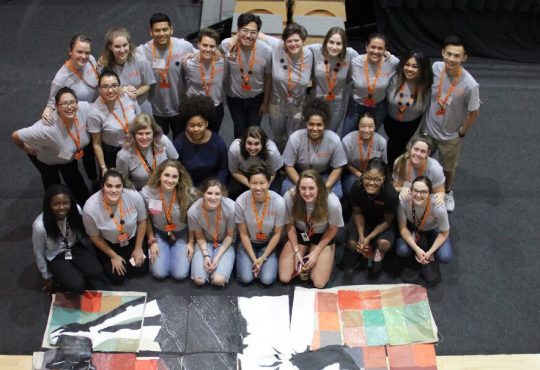The Race and Pedagogy Initiative (RPI) is on track to become the Race and Pedagogy Institute. The Race and Pedagogy Planning Summit, which took place Dec. 4-5, launched the Institute and sought to develop a strategic plan for its future, taking into account what students want from RPI.
The transformation into a Race and Pedagogy Institute would allow the Institute to have a permanent budget. In the past, their resources have come from fundraising. “We’ve been funded through community grassroots fundraising… there’s a common sense of ownership,” Director of the Race and Pedagogy Initiative Dexter Gordon said. “We will work to recruit and retain students from previously marginalized groups.”
Another change would be that the Institute would have more involvement with the admission and recruitment process.
“We [The University] will look different in a few years; RPI will prepare for the institutional transformation,” Gordon said.
The Race and Pedagogy Program started in 2002.
“In my first four semesters here, there were four racially tainted incidents,” Gordon said. In response, he invited fellow faculty to a brown-bag lunch discussion series to discuss how race was being addressed in the classroom.
RPI brought 2,000 people from across the nation; it was so successful that the community partners deeply involved with the initiative wanted another one the following year. Instead, they held a planning summit and shifted the program into an initiative. Last week, they held their second planning summit, which will turn the initiative into an institute.
Every four years, the RPI holds a National Conference at Puget Sound.
“Last year’s conference went wonderfully, the community was included from the start,” sophomore Layth Sabbagh said.
“We propose that next conference is recognized as the classroom for the weekend,” Gordon said.
The next conference is scheduled for 2018, but the RPI has already made changes on campus.
“We want to encourage the university to diversify its representation through art and photos… At the start, no public art represented diversity or plurality,” Gordon said. Now, murals featuring art by people of color are in Wheelock Student Center and Weyerhauser Hall, products of the RPI’s work on campus.
“At the Summit, the questions we must ask are: what kind of institute will this be? What will it look like? What will its priorities be? What programs will it have? What kind of structure?” Gordon said.
As part of the RPI Planning Summit, students spoke on a panel about what they want to see from the Institute. “I’d like to see community engagement come out of it, because the university is distanced from the community. We take first-years on Urban Plunge like it’s a trip to Tanzania… [the Institute] should grow to become as much a part of the campus as it is a part of the city,” Sabbagh said.
“It’s part of the uniqueness of Puget Sound. No other university in the world offers scholarly, artistic, community-engaged explorations of race, education, equity and justice,” Gordon said of the Initiative.

